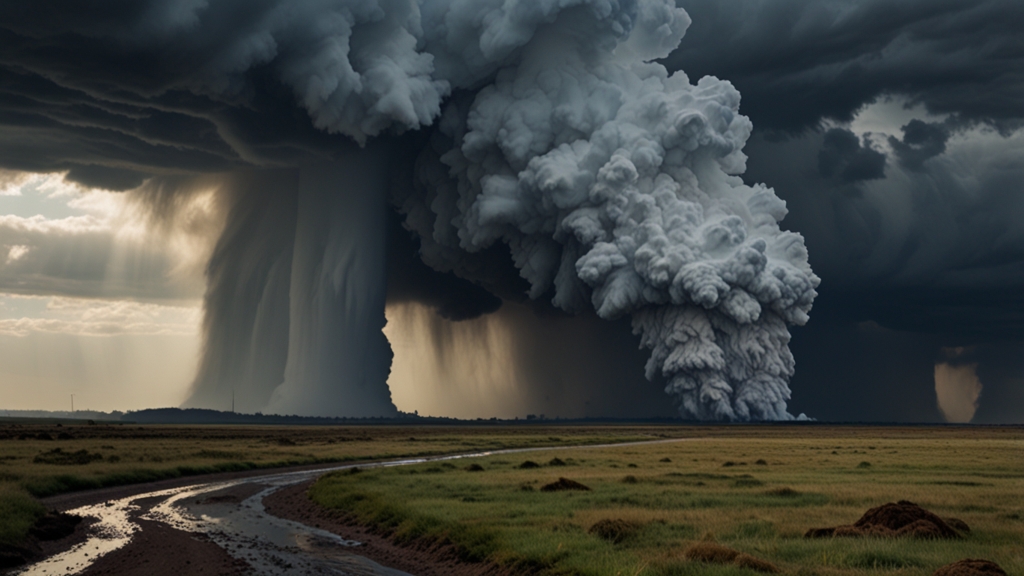Revelation and Modern Science: An Unexpected Connection
Over centuries, the relationship between revelation and modern science has been viewed through a lens of conflict and contradiction. However, a deeper examination reveals a surprising synergy between these two domains. Revelation, often associated with divine or spiritual truths, might seem at odds with empirical and testable science. Yet, modern scientific discoveries sometimes echo ancient revelations in ways that are both profound and unexpected.
The Nature of Revelation
Revelation can be understood as the disclosure or communication of knowledge, often perceived as divine or spiritual insights. These revelations are typically recorded in religious texts, oral traditions, or experienced personally through mystical encounters. Faith traditions have long held that these insights provide guidance, moral frameworks, and occasionally, insights into the natural world.
A revelation, after all, is a divine disclosure that transcends human understanding, yet modern science continues to chip away at the mysteries of the universe, often revealing truths that align with ancient wisdom.
Science's Quest for Truth
Science, in contrast, is grounded in the empirical method – based on observation, experimentation, and evidence. The scientific endeavor seeks to understand the mechanisms of the universe, from the microscopic to the cosmic scale. This pursuit relies on reproducibility and peer-reviewed scrutiny, emphasizing a systematic approach to uncovering truths about our reality.
Intersecting Realms of Understanding
While revelation and science are based on fundamentally different approaches to understanding, they sometimes intersect in meaningful ways. Consider the Big Bang theory, which describes the origin of the universe. This scientific explanation aligns intriguingly with the concept of creation ex nihilo (creation out of nothing) found in many religious traditions. Both frameworks propose that the universe had a beginning, challenging the earlier scientific notion of a static, eternal cosmos.
“In the beginning, God created the heavens and the earth” (Genesis 1:1) echoes the Big Bang theory's implication that time, space, and matter originated from a singular event.
Ethics and Existential Questions
Another area where revelation and science intersect is in the realm of ethics and existential questions. Advances in fields like genetic engineering and artificial intelligence introduce complex moral dilemmas that challenge traditional ethical frameworks. Here, revelation can provide timeless principles, such as the sanctity of life and the value of each individual, which help guide the responsible use of scientific advancements.
For instance, the debate over human cloning underscores the necessity of ethical guidelines that are informed by both scientific understanding and moral principles derived from revelation. As science pushes the boundaries of what is possible, revelation offers a critical counterbalance by raising important questions about what should be pursued.
The Search for Meaning
Both revelation and science ultimately contribute to humanity's quest for meaning. While science elucidates the mechanisms and phenomena of the natural world, revelation offers insights into purpose, existence, and the human experience. Together, they provide a more holistic understanding of our place in the universe.
Albert Einstein captured this synergy eloquently: “Science without religion is lame, religion without science is blind.” His words highlight the importance of a complementary approach, wherein both domains inform and enhance each other.
A Harmonious Future
The unexpected connection between revelation and modern science invites a reevaluation of their relationship. Rather than being rivals, they can be seen as partners in the human quest for knowledge and meaning. When integrated thoughtfully, revelation can offer ethical guidance and profound insights that complement scientific discoveries, while science can enrich our understanding of the truths found in revelation.
In a world facing unprecedented challenges and opportunities, fostering a dialogue between revelation and science could lead to a more nuanced, enlightened, and compassionate approach to our collective future. The intersection of these seemingly divergent paths holds the potential for a richer, more integrated understanding of the world and our place within it.






